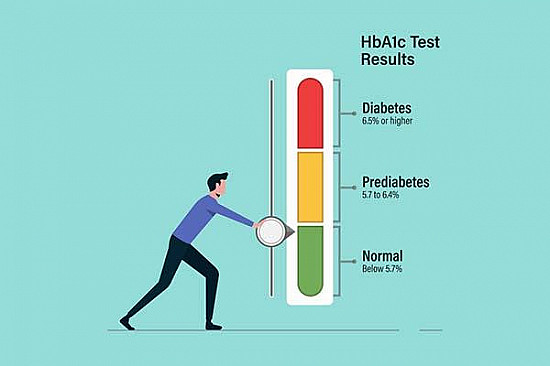Treating gum disease: Save your smile, help your heart?
|
|
New findings strengthen the link between the health of your mouth and your cardiovascular system.
People with gum disease—which begins when the sticky, bacteria-laden film known as plaque builds up around your teeth—are almost twice as likely to have heart disease than those without it. But the reasons behind this link aren't completely clear. One possibility is that people without access to good dental care may also lack the resources to keep heart disease at bay.
Still, some researchers suspect a common thread between the two conditions—inflammation, the body's natural response to infection or injury. If you have gum disease (also known as periodontal disease), chewing and toothbrushing can release bacteria into your bloodstream. Several species of bacteria that cause gum disease have been found in the cholesterol-laden plaque that clogs arteries in people with heart disease.
A bite off your health care bill?
Now, new research suggests that if you have cardiovascular disease, treating gum disease may lower your health care costs and the number of times you end up in the hospital.
The study, in the August American Journal of Preventive Medicine, looked at health and dental insurance records from nearly 339,000 people with periodontal disease and one of five conditions: type 2 diabetes, cardiovascular disease, cerebrovascular disease (usually a stroke), rheumatoid arthritis, or pregnancy. Except for those with rheumatoid arthritis, all the participants who had at least one periodontal disease treatment had lower medical costs and fewer hospitalizations within four years of the treatment compared with people who weren't treated. For cerebrovascular or cardiovascular disease, health care costs were between 10% and 40% lower.
"This is a really solid finding and a testimony to what we've been preaching for years," says periodontist Dr. Alpdogan Kantarci of the Harvard-affiliated Forsyth Institute, a not-for-profit research organization focused on oral health. Treating gum disease reduces the body's burden of infection and inflammation, which seems to help people respond better to treatments for other health conditions, like heart disease, he explains. "As we're always telling our physician colleagues, 'Make sure your patients are getting regular dental care,' because we may be able to help improve their overall health," Dr. Kantarci says.
Preventing periodontal disease
Most people have at least mild gingivitis, the earliest form of gum disease. But daily toothbrushing and flossing can prevent and even reverse the problem, says Dr. Kantarci. Twice-yearly cleanings by a dentist or hygienist are also a good idea. However, some people have an aggressive response to bacteria and develop plaque more easily and would benefit from a cleaning every two to three months.
Left untreated, gingivitis can turn into periodontal disease. The gums pull back from the root of the tooth, creating a tiny pocket that gradually widens. Eventually, the infection and inflammation attack the tissue that holds the tooth to the jawbone, which can cause the tooth to loosen and possibly fall out.
Scaling and root planning
Dentists and hygienists can treat periodontal disease by cleaning the teeth above and below the gum line, a procedure called scaling and root planing (sometimes referred to as a deep cleaning). They use manual scalers or ultrasound devices to scrape away hardened plaque (tartar). Most people need only local anesthesia, such as a shot of Novocain. Be sure to tell your dentist or hygienist if you are taking any medications that might increase your risk of bleeding, such as warfarin, aspirin, or clopidogrel (Plavix).
The current evidence suggests—but still doesn't definitely prove—that treating gum disease will lessen complications from cardiovascular disease. Either way, it's still important to brush and floss every day to keep your gums healthy. Be on the lookout for signs of gum disease—especially if you have a history of heart disease or stroke—and seek treatment.
Disclaimer:
As a service to our readers, Harvard Health Publishing provides access to our library of archived content. Please note the date of last review or update on all articles.
No content on this site, regardless of date, should ever be used as a substitute for direct medical advice from your doctor or other qualified clinician.
















